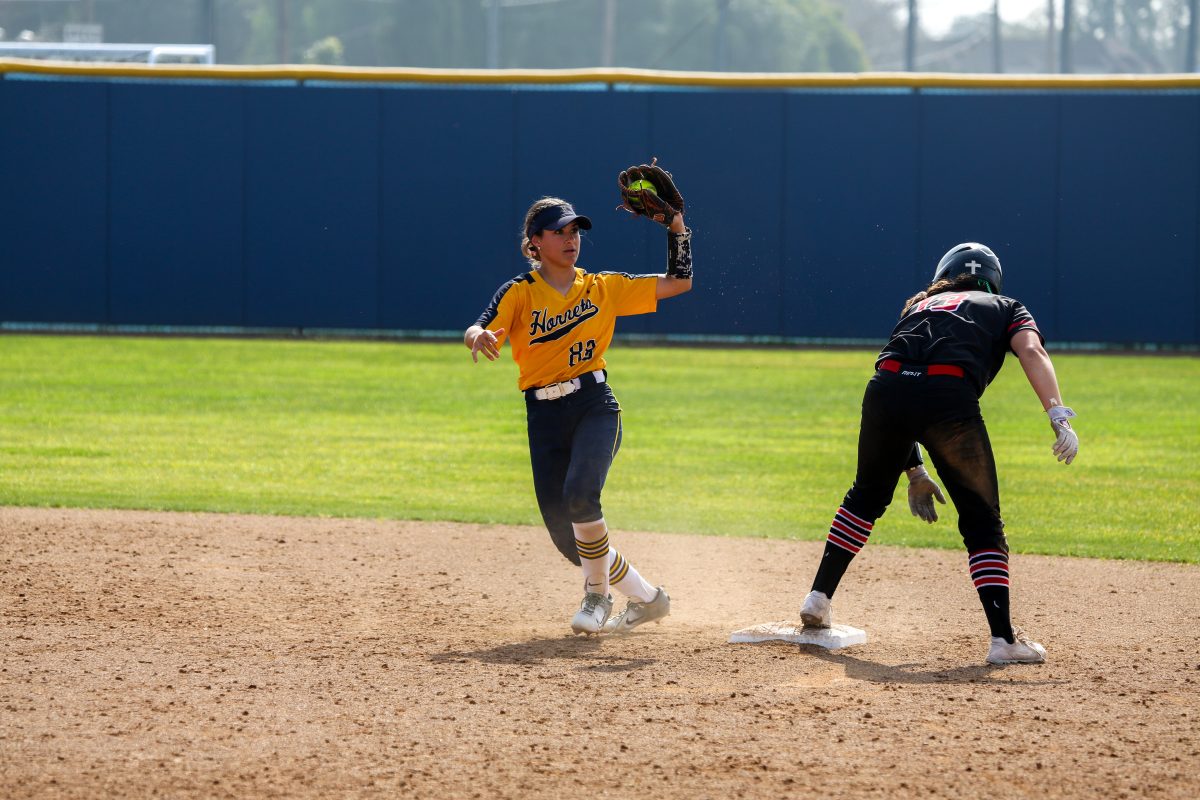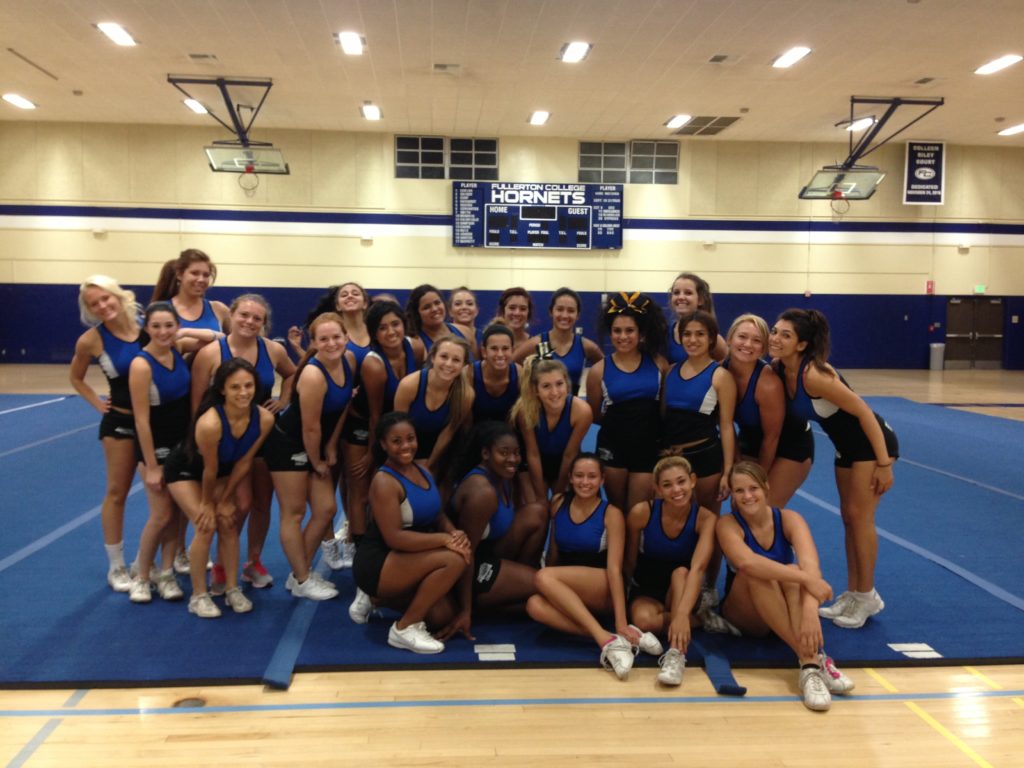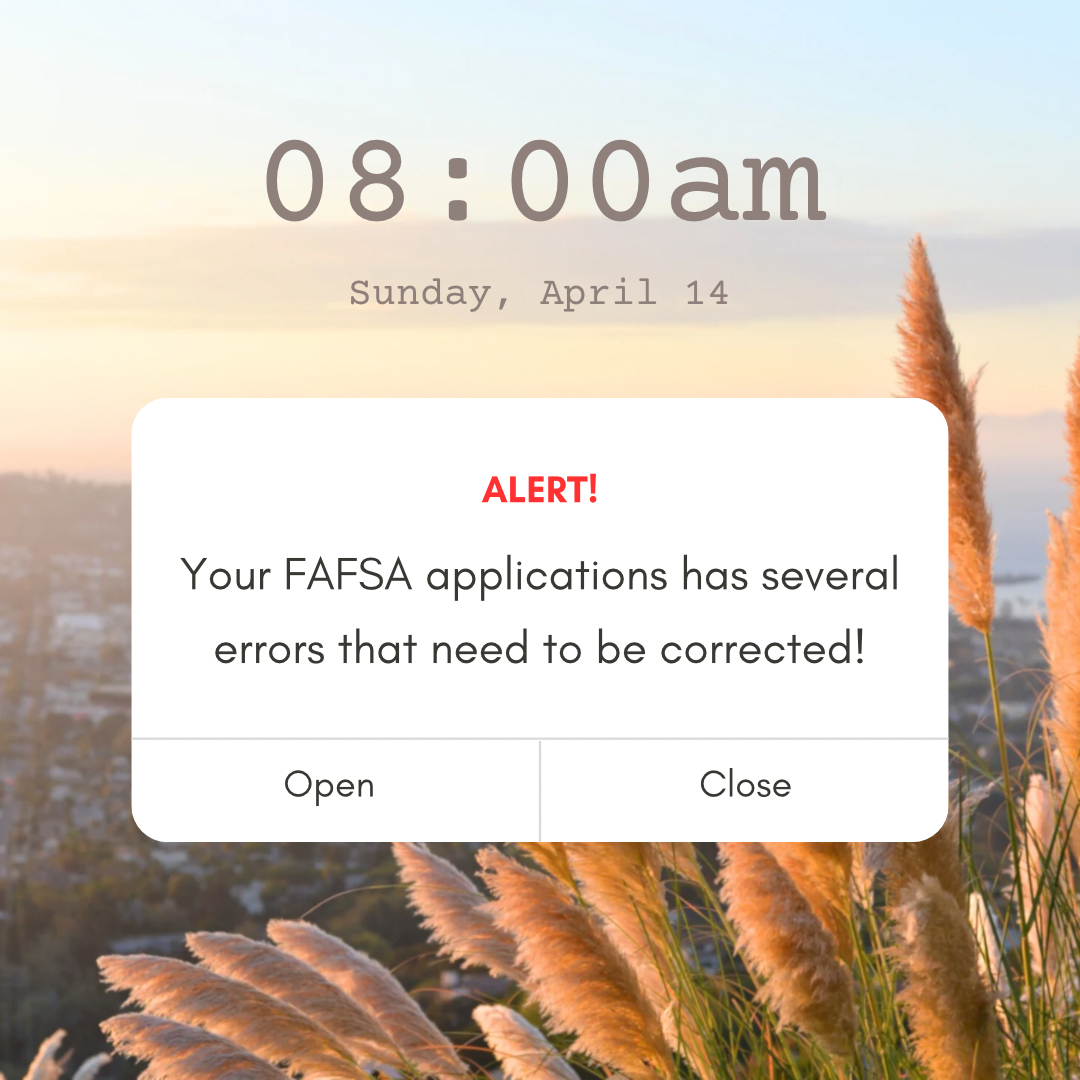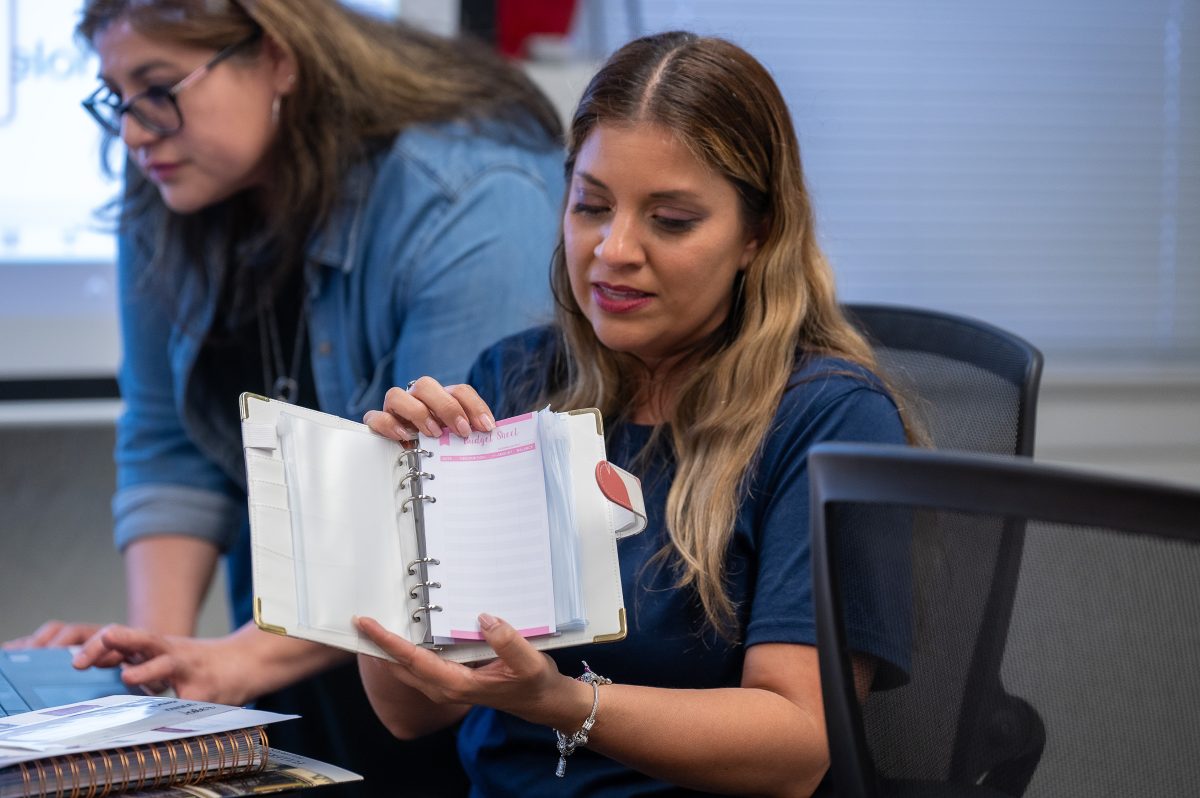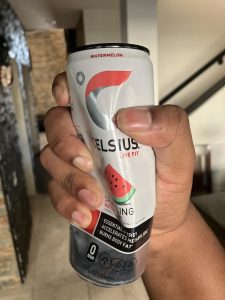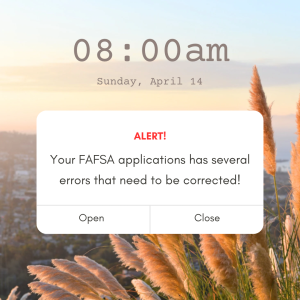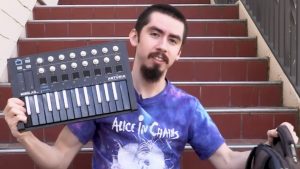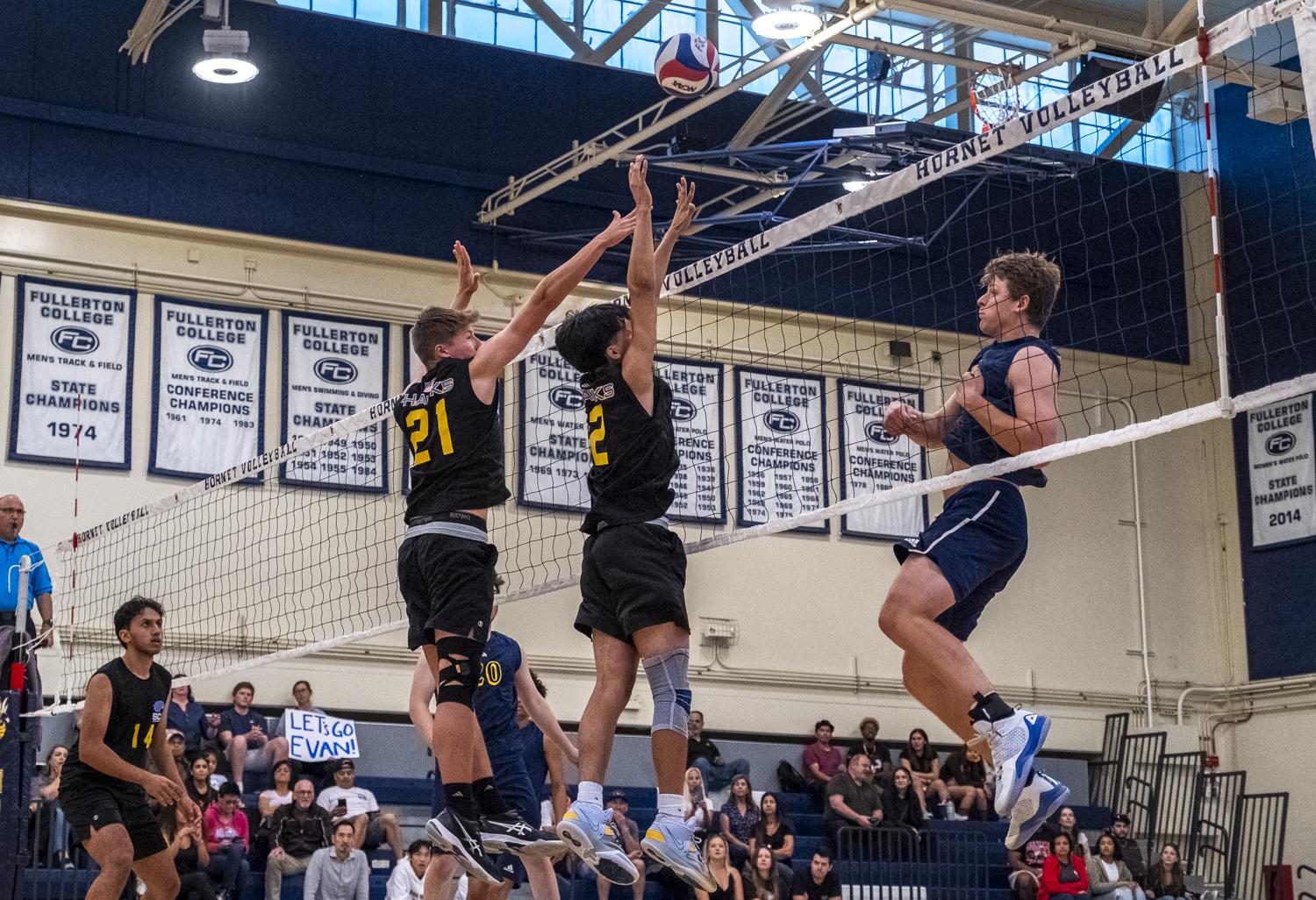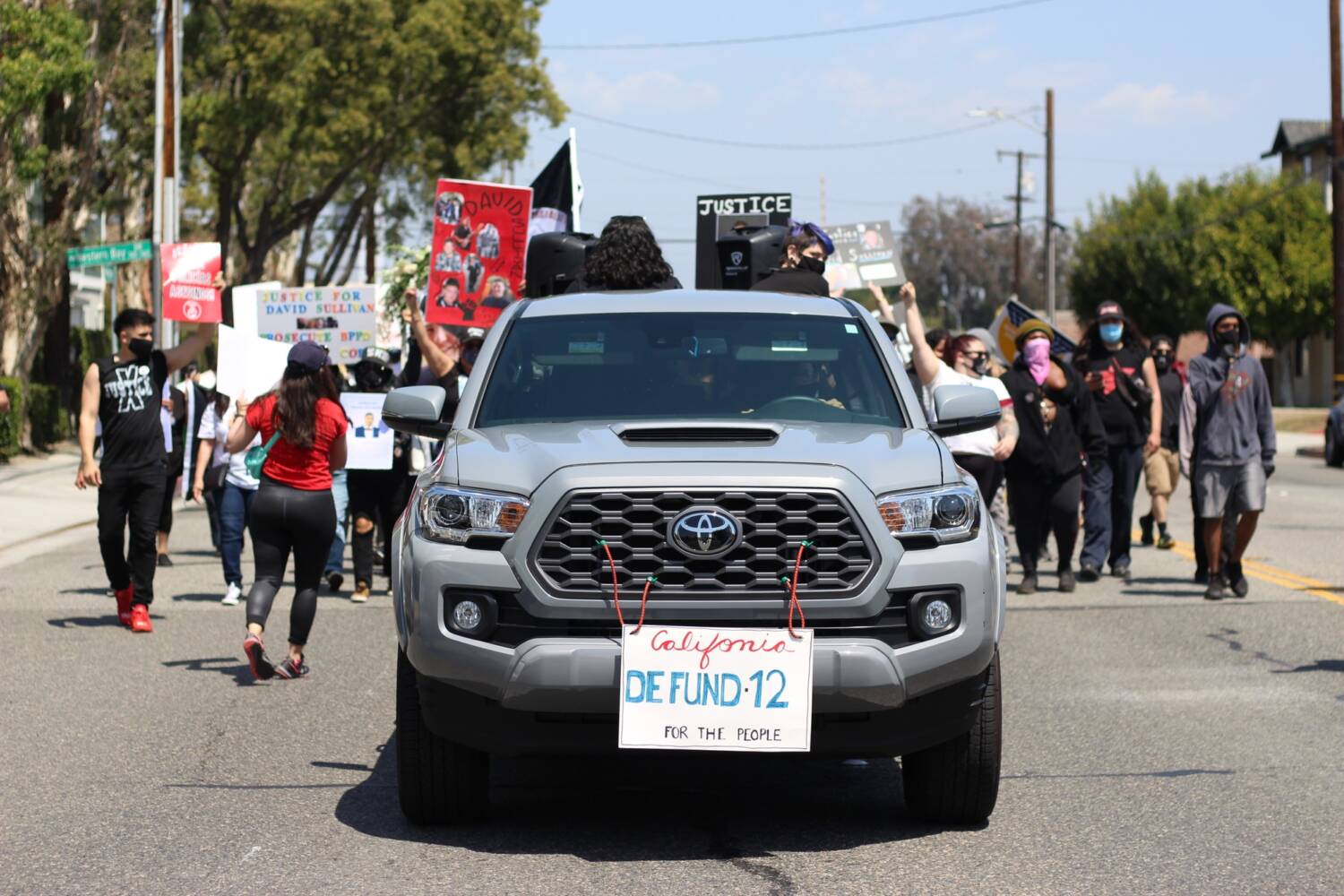U.S. Navy veteran Virginia Huscha calls her 6-year-old grandson Angel living in New York to check in. When she calls, he tells his “Nana” that he wants to grow up to be big and strong just like her, then proceeds to do 10 pushups. She laughs as this happens every time she calls. Huscha strives to succeed in life and set an example worth emulating for her daughter and three grandchildren.

Husha’s impact begins with her family and extends to the country with nearly seven years of service in The U.S. Navy as an air traffic controller. Stationed in Great Lakes, Huscha, 47, was part of one of the first all-female companies in 1994 with around 68 women.
“The company commander was used to having all-male companies, poor guy,” Huscha said with a laugh. “One time he came in and was like, you girls are making me crazy.”
Not used to an all-women unit, he was often stressed out until he brought a “female sidekick” to help keep them in line, Huscha recalls. He would sometimes look frazzled with his shirt half tucked and halfway untucked, the result of managing many different types of women in a usually male-driven occupation.
The decision to join the military was a spur-of-the-moment ordeal for Huscha. At the time, she worked a retail job at JCPenney and at Jack in the Box to make rent, just two months after high school graduation. She recalled hearing shoppers talk about the military one day while she folded clothes. So she decided to go to a recruitment office and sign up. Recruiters asked how soon she could start, and she left for the Navy a few days later.

“It was the best decision I ever made definitely,” Huscha said with a wide smile.
In 1997 she went to air traffic controller school and was stationed on the USS Harry S. Truman. Huscha is a plank owner; she helped put the ship together and was a crew member when it was first commissioned. As an air traffic controller, Huscha was responsible for the safety of American military aircraft and operated radars and computers to direct aircraft safely.
“I never knew how smart I was until I became an air traffic controller,” Huscha said.

Intelligence is only one requirement for the position, in addition to the ability to make split decisions under pressure that result in saving or losing lives. Only one percent of applicants qualify to become an air traffic controller and must meet strict requirements to become one. Under normal circumstances, the position is highly stressful to ensure the safety of hundreds or thousands of passengers due to weather conditions and other aircraft. An air traffic controller within the military adds another level of stress and must account for enemy threats in addition to the regular stress of the position.
In 2001 she was medically discharged from the Navy with ulcerative colitis and is missing her large intestine but has since recovered with surgery. Without a choice, Huscha was wistfully forced to leave the Navy. She said her service in the Navy was incomparable to anything else within her lifetime.
“It was home, and the military was my family. I was lost when I had to get out. It wasn’t a part of my plan, but it was part of a plan,” Huscha said.
After the military, Huscha moved to California and now studies full-time in Administration of Justice at Fullerton College. Her inspiration for criminal justice draws from the night she found her friend murdered.
Huscha found him in his home stabbed 86 times by his boyfriend, who was later convicted of second-degree manslaughter. She recorded and confronted his boyfriend still at the scene and called 911. She now hopes to become the voice of victims as a homicide detective one day.
Although Huscha has faced many challenges, from being on her own at a young age to being medically discharged from the Navy due to ulcerative colitis, and following the death of a friend, she pushes forward to model for her family that if she can do anything, they can too.
“I think my dad instilled in me, when there’s a will there’s a way,” Huscha said.
Edit: This article was corrected for a date inaccuracy, and to replace photos.


